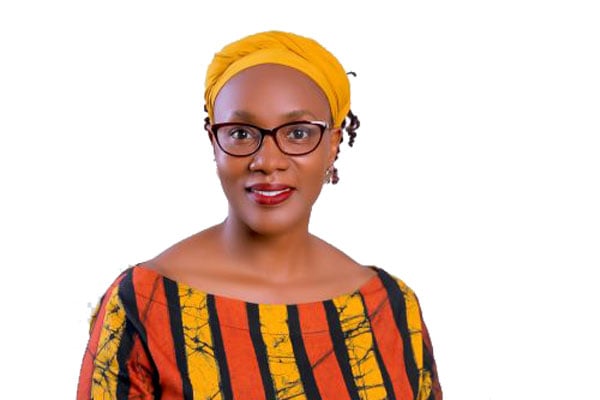Digital technologies and women’s land rights

Ms Frances Birungi-Odong
What you need to know:
- ...like everything else, technological advancements in the land sector are not without blemish, especially in the context of women’s land rights
For over a century, the world has celebrated the International Women’s Day on March 8, annually. This year’s theme “DigitALL: Innovation and technology for gender equality” underscores the need for “inclusive and transformative technology and digital education” for all.
This theme is timely given the increasing rise of technology and its overwhelming influence in the various aspects of contemporary society. It is generally acknowledged that digital technology can be a driver for social economic transformation. Little wonder, the 2030 Agenda for Sustainable Development sets out innovation, creativity and technology as facilitators of sustainable development.
The exponential and robust investments in technology and digital innovations globally attests to this. There is equally consensus that innovative technologies also present opportunities for achieving gender equality and empowerment of women and girls (SDG 5). For the land sector, advances in geospatial technologies and the rise of Fit-for-Purpose Land Administration have brought to the fore the role of digital technologies in promoting gender sensitive land governance. Besides being cost-effective, time-saving, accurate and more transparent, digital technologies in the land sector are critical for documenting land rights and storing such information in a secure manner.
This can lead to gender-inclusive land service delivery which is cognizant to the needs and lived realities of women in Uganda in their pursuit of their land rights. With increasing internet and mobile phone penetration as well as literacy in Uganda, digital technology presents several prospects for documenting, securing and keeping records of women’s land rights.
However, like everything else, technological advancements in the land sector are not without blemish, especially in the context of women’s land rights. Most technologies are internet reliant yet Uganda is one of the countries reportedly with the highest internet rates globally. This naturally excludes several marginalized groups like women whose limited financial means will deprive them of the opportunity to access these innovations.
Digital innovations are supported by internet-enabled phones, tablets and computers which remain largely a far-fetched dream for many rural women who are the target beneficiaries or end users of these technological products. The IPSOS report of 2020 reports that 8 percent and 20 percent of women in low- and middle-income countries are less likely to own a mobile phone and use mobile internet respectively. It is also true that while the literacy levels in Uganda have generally increased, the number of women able to read and write is still comparatively lower than that of men.
With most digital technologies designed in the English language and requiring the ability to read and write (or type), the implication of this reality is that women are disproportionately disadvantaged in terms of access to these technologies. Lastly, most of the existing technologies in the land sector are project-based with time-bound donor targets which can limit their uptake and sustainability in the country. It is also note-worthy these innovations are mainly designed by foreigners with a limited understanding of the local context in Uganda. Ordinary women have a zero chance to influence the conceptualization, design, piloting and implementation of these tools.
It is critical to ensure that technological innovations in the land sector are gender-sensitive, inclusive and resonate with the aspirations of marginalized sections of the society like women. Women should be meaningfully consulted so as to inform the design and deployment of these tools. The innovations should promote transparent land governance and should empower women to defend their land rights.
The author, Ms Frances Birungi-Odong is the Executive Director of Uganda Community Based Association for Women and Children’s Welfare.



